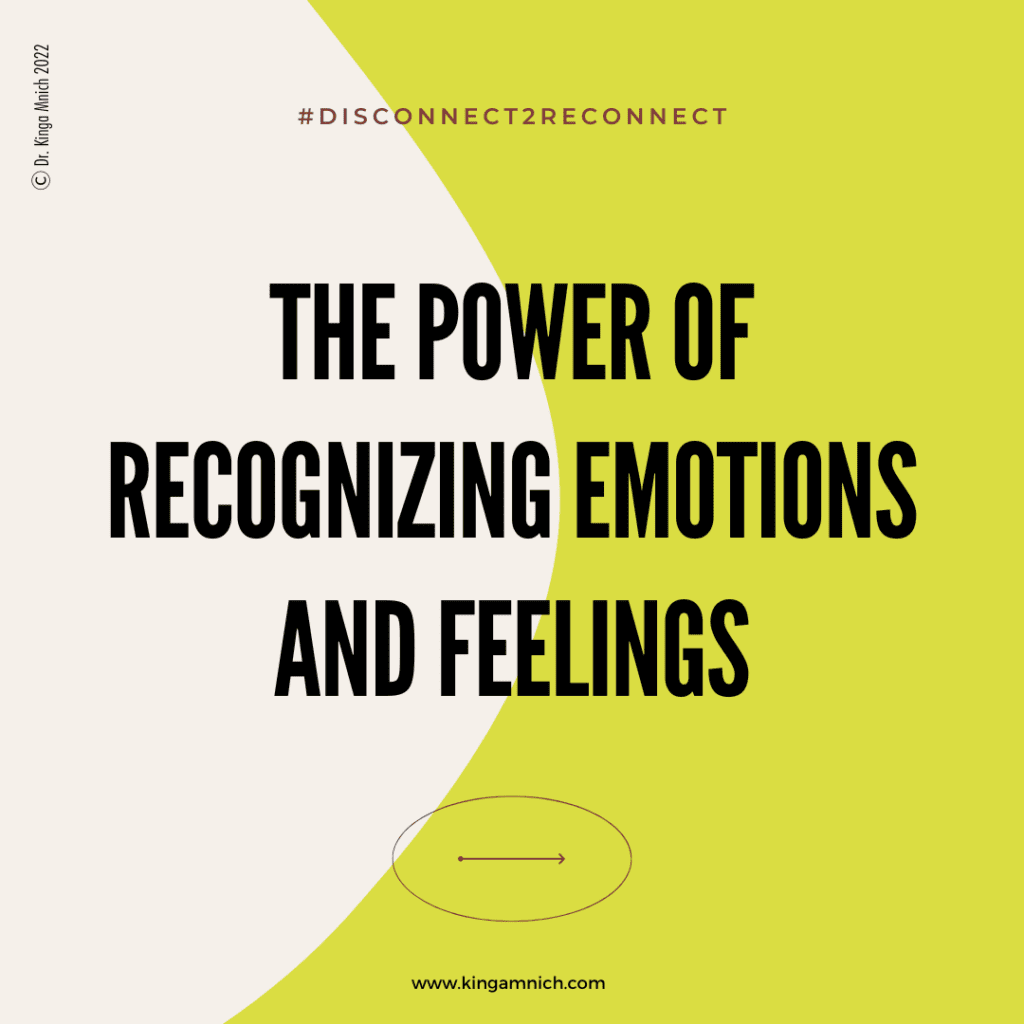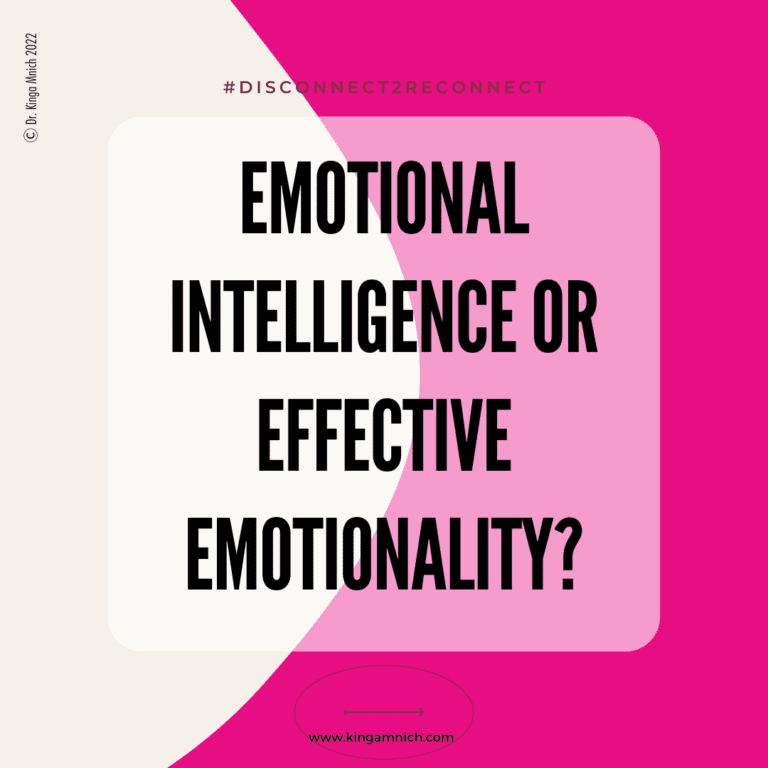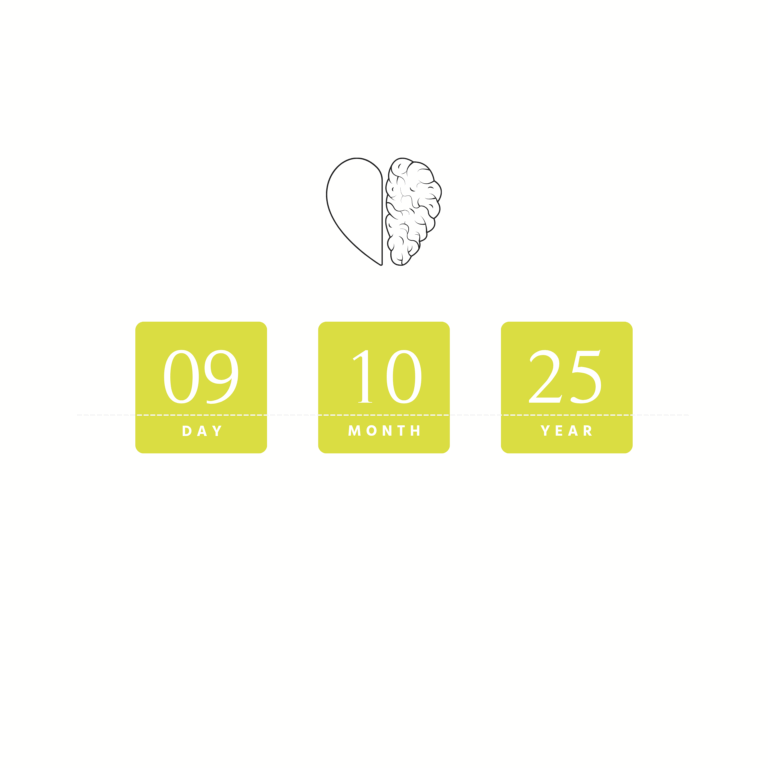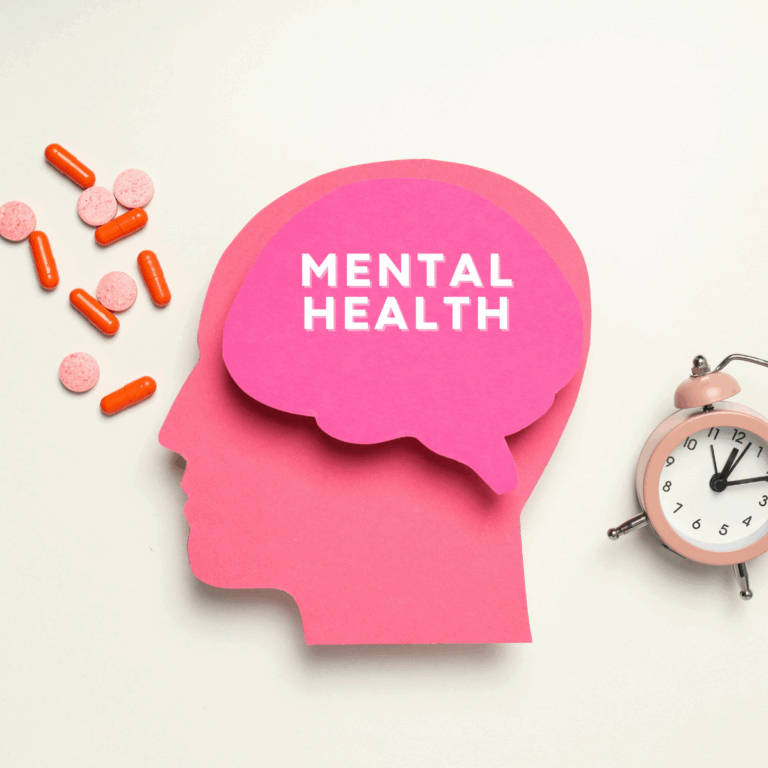Understanding your authenticity and developing the best version of yourself are at the core of social sciences, and recognizing and managing emotions is a topic that has gained more popularity within those domains in recent years.
Of the social sciences, Sociology looks at large-scale social processes and interactions between individuals. Psychology is primarily concerned with individuals’ mental processes and behavior, as well as making large-scale policy suggestions regarding mental health. Philosophy, in turn, gives tools to develop analytical and interpretative skills, which help individuals build intellectual and moral frameworks – at the core – developing the ability to question everything in the search for truth. The intrigue of Philosophy is that it has allowed some of the brightest minds on this planet to create significant and original theories and tools because it allows them to detach themselves from the need to be correct.
Similarly, people with a well-developed sense of authenticity understand who they are because they have developed their own ability to reflect without restricting the boundaries of their thinking. (Read more in Effective Emotionality in Difficult Conversations).
Table of contents
- The Self: What is the true authentic self?
- Prison as a research laboratory?
- Are emotions controllable?
- The beginning of finding the true authentic self.
- The power of emotional awareness.
- How can you change your perception of emotions?
- Why are a sense of authenticity and an authentic self are important?
- References:
The Self: What is the true authentic self?
From a sociological perspective, a true authentic self doesn’t exist in its own right because we all exist only in relation to others. We act according to our environment and the norms (rules) that build our system. Erving Goffman’s dramaturgical analysis anchors human existence in human social interactions. In his book, “The Presentation of Self in Everyday Life” (1956), Goffman portrays how humans fulfill different roles in different situations. These roles are portrayed and interpreted by individuals within and through the body. The German translation of his title “We alle spiele Theater” (We all are playing theater ) is, perhaps, quite an apt summary of his work!
Goffman is one of many who expand the discussion about what it means to be your authentic self. In line with most sociologists and social psychologists (such as Marcel Mauss, Georg Simmel, Norbert Elias, Michel Foucault, and Pierre Bourdieu), Goffman anchors the human experience in the experience through our body. At the same time, George Herbert Mead argues that our sense of self is rooted in our perception of how others view us, something he calls the “generalized other.”
Is there a true self?
Further, one of the foundational ideas, especially of social psychology, is that there is no true self. There is not a “more authentic” or “better” you, and there has never been. You are the sum of your performances – not the sum of the core of ‘you being’ (or your being). Sociologists generally point out that behavior has much more to do with what is happening around you than what is happening inside you. Therefore, the self has more relevance to the society we are part of than just what we are inside ourselves.
Intriguing right?
In psychology, the study of self is either the subjective experience or the cognitive, conative or affective representation of yourself (your identity). The self is often portrayed as the totality of the individual, made up of all characteristics, conscious and unconscious, mental and physical attributes.
Therefore, personal identity is an experience.
My background in sociology and philosophy brought me to my work in social psychology. But at the same time, I was caught up for a very long time in the search for my authentic self – rebelling, questioning, and breaking free of religious dogma (what I believe is dogma) and developing what I believe are my personal freedoms and choices.
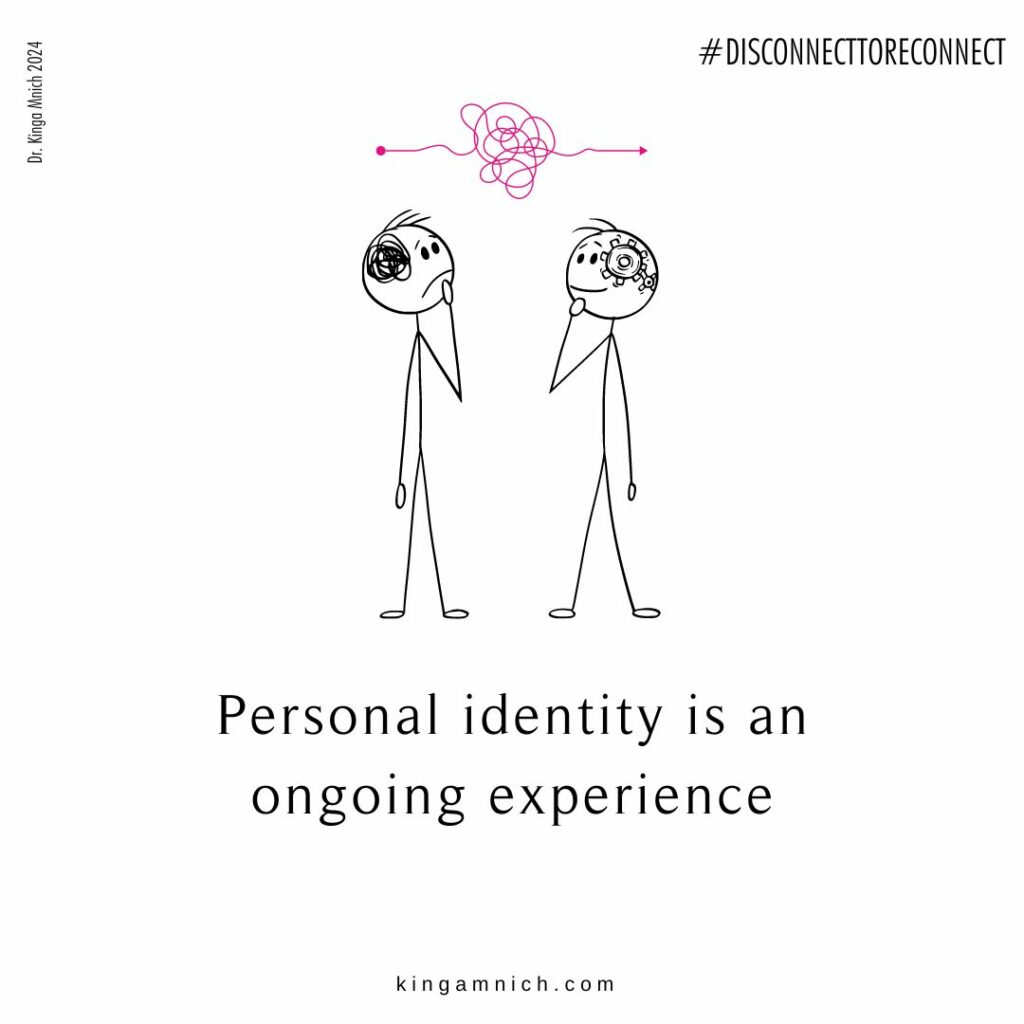
I never fully accepted the idea that a person is singularly responsible for every thought they are having. The coexistence of hormones and chemicals floating through my body, I knew, were influencing how I felt about my environment and about my individual experiences. At the same time, I felt how my environment and the people around me were influencing my experiences daily. My twenties were very much filled with understanding how the cultural system, as well my own body, work. I was always striving to find the answer to what freedom really means and how we can create it.
But then, I took a deep dive into my questioning…by researching masculinity (masculine identity) in a high-security prison facility in South Africa. What better place than a prison to explore true authenticity, which I understood as the ultimate freedom?!
Prison as a research laboratory?
Prison represents a system within a system, just like any family system or organizational structure. The difference is that prison represents a closed system. Controlling outside influences and diving deeper into how systems impact human development and behavior is easy from a research perspective. Also, the prison represents a society within a society because of its lack of interconnectivity. In that environment, therefore, we can more closely observe how each individual is influenced by culture.
Interestingly, during my time as a Master’s student, there had been increasing social interest in emotions in connection with recent practices and an appeal to revisit concepts of masculine identity. The purpose of my Ph.D. research thesis was to contribute to a new perspective on masculine identity within prison through the perspective of emotions and the practices of emotion: utilizing an ethnographic research approach. Additionally, I looked at how the prison culture impacts the understanding of masculine identity within the prison and how the personal understanding of masculine identity was impacted.
If there is such a thing as an authentic self, then is there also an individual understanding of masculinity – because the understanding of gender is part of who you are? Erving Goffman and Arlie Hochschild inspired a lot of my thinking. Therefore, much of my study focused on the performance of masculinity and prison emotions.
The dramaturgical model.
Within the dramaturgical model, interactions are portrayed as performances, as if a particular social environment is a stage, and the people in that social environment are actors (Goffman 2003). Further, Hochschild (1983/2003) shows us how feelings are managed differs slightly from other self-cues and, in practice, involves deep acting, self-induced feelings, and emotional responses. In other words, to manage emotions socially, we exhort ourselves and induce reactions by imagining emotional memories. Arlie Hochschild extends Goffman’s sociological interpretation of interaction in ‘Feelings Management’ (1979).
Nevertheless, something was still missing when looking at the performance of emotions and identity.
Are emotions controllable?
So, how can we be authentic and not brainwashed followers of social expectations and rules? I came closer to that answer in the conversations and interviews with inmates while in prison and after being released.
What I discovered is that aligning oneself with social expectations is not just a matter of following rules. It is also an active survival choice. A choice, it soon became apparent, that many of the prisoners quickly made! And most interestingly, there was an awareness among them of making specific choices, and this conscious awareness can readily be described as freedom. In other words, it was a sense of self that many inmates described, including the choice of how they wanted to feel.
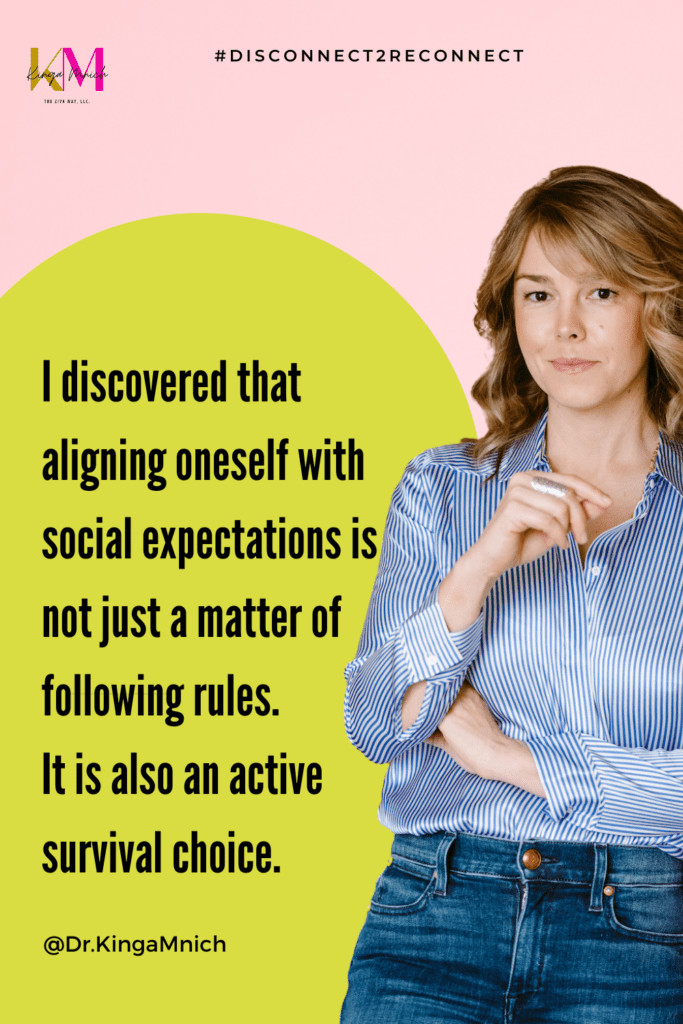
What was significant was that the prisoners were unknowingly separating their emotions from their feelings in the course of this survival mode. They were quite deliberately stopping themselves from acting in the way their conditioning would have previously determined. Instead, they were adopting a response that they felt was more likely to enable them to survive in prison mode.
What are emotions?
Emotions are simply chemical reactions. They are automatic events stimulated by outside occurrences that produce energy moving through our bodies and are part of what it means to have a human experience.
What are feelings?
Feelings are the interpretation of what we are experiencing from emotions: interpretations that are very much influenced by our social and cultural upbringing, as well as our past, our individual experiences, and our memories. (More on this subject in: The critical difference between emotions and feelings.)
The beginning of finding the true authentic self.
I started my research by exploring the emotional effects of yoga on male prisoners. I quickly, however, came across a dilemma that many inmates faced, which then became the focus of my work: prisoners having to make a conscious choice to show aggression purely to survive.
Most of us are only too familiar with this type of dilemma. It doesn’t have to be the prison. Neither does it have to be anger, but how often do you fake one emotion when you don’t agree with anything happening around you? A good example is the unfortunate experience of postpartum depression. Where society expects you to be filled with gratitude and joy because of your newborn child. In reality, many fresh mothers often endure a very different set of experiences. (Sidenote: I question whether postpartum depression is a psychological issue but feel instead that it should be a sociological issue. Social expectations easily overwhelm first-time moms who may be perfectly capable of coping if only society would give them the leeway to leave them alone to make their own decisions!)
The power of emotional awareness.
Let’s get to the key element of being authentic. Paul Eckman, an emotion psychologist, states seven primary emotions: fear, anger, joy, contentment, sadness, surprise, and disgust.
As stated above, feelings are our responses to the chemical reactions of emotions based on our social and cultural upbringing. To prevent the internalization of experiences as a reflection of who you are, it is important to recognize the difference between emotions and feelings by creating space between them. This space can be created, with what I coined in my PhD, “I feel, but I am not allowed to, so I don’t! The Story of Emotions and Masculinity in South African Prison” as the 3 E’s“: Experience, Evaluate and Express.
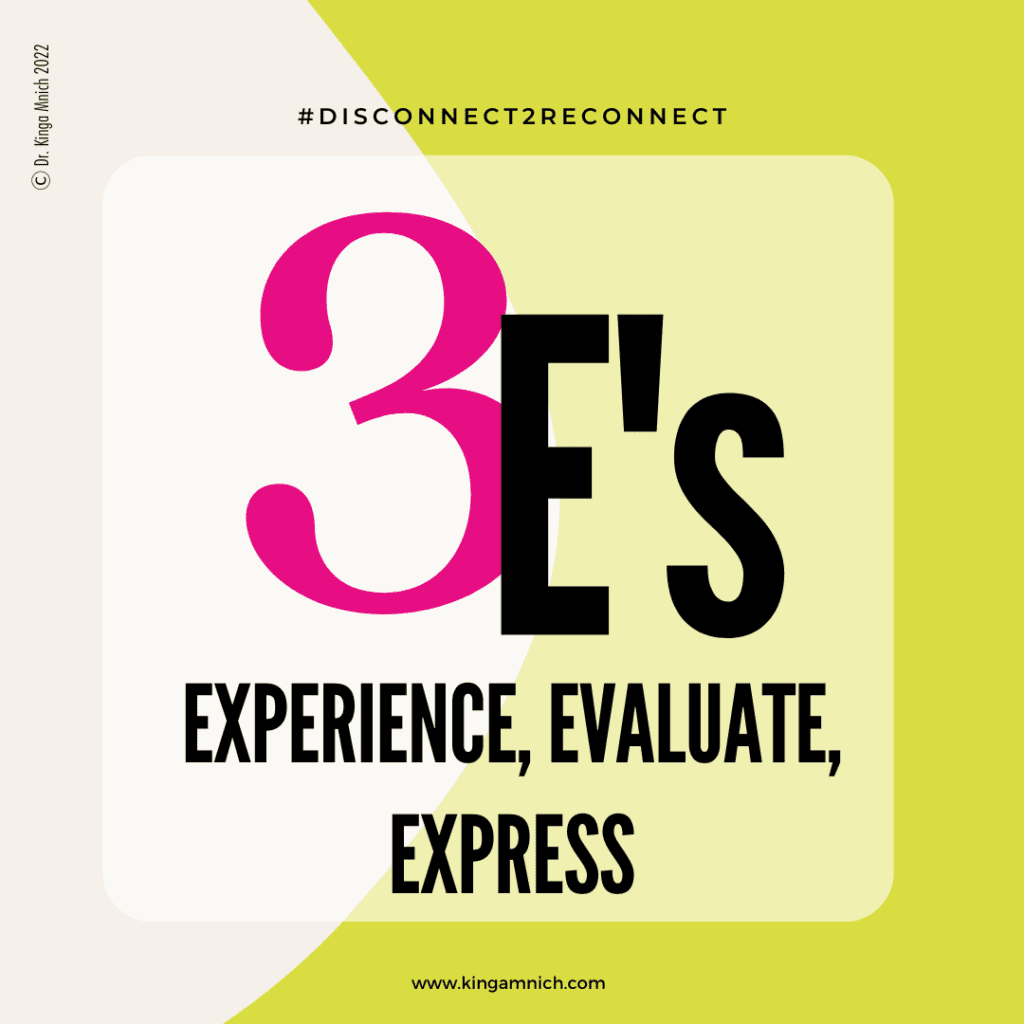
Experience.
Your experience is determined by the interactions that you take part in. Your senses are what allow you to have the experience in itself. Let’s say your boss tells you your presentation isn’t good without further explanation. Their comment is designed to make you feel ashamed and insecure about what to do. Without actively taking part in the subconscious process, you jump instantly to expressing how you feel by starting to apologize, blushing or going into defense mode. Why is that? Simply because your brain evaluates the current experience based on past social conditioning, which includes memories and social & cultural norms. You are thinking about thinking. You are not feeling ‘in the moment’.
Evaluate.
Becoming aware of your current experience means to actively participate in the moment. It also means to allow yourself to be aware of your evaluation. Have you been conditioned to believe that when a superior tells you that your work isn’t good, they are right, even though they don’t offer any explanation or constructive feedback? Have you been conditioned to believe that hierarchies, or even age for that matter, are most important?
If the answer is ‘Yes’, then it is time for you to question if that belief actually aligns with your inner values. What are you sensing at that moment? Anger perhaps?! Because the person has overstepped a boundary by offending you, and not managing the situation? Good for you for recognizing what is happening…but now it is time for you to express yourself according to how you want to experience this situation.
Express.
You can give your boss the sense that they are in control by playing the game and fulfilling your role. Just like Erving Goffman described it in his work, or as Arlie Hochschild described in her book, the Managed Heart, you can learn to guide your emotions and not react. And you can use your emotions as effectively as all your other senses.
Instead of:
- turning your anger into shame
- and understanding the sensation as a reflection of who you are
You can set a boundary by calmly asking for further constructive feedback to improve the presentation.
It is the same for postpartum depression. Are you feeling sad? Sadness is the sense of loss and isolation. You shouldn’t feel ashamed for not feeling happy – nothing is wrong with experiencing this emotion. Perhaps it is because you feel alone? Or, possibly, everything feels new and uncomfortable, and no one really prepared you for this.
Instead, choose an uplifting experience and recognize how you can consciously handle emotions. Rather than an involuntary reaction or as a reflection of who you are, see the opportunities in your boss’ criticism, ignore your in-laws, and make your own decisions about your child (after all, no one is more concerned about them than you!).
Is an authentic self an emotion or a feeling?
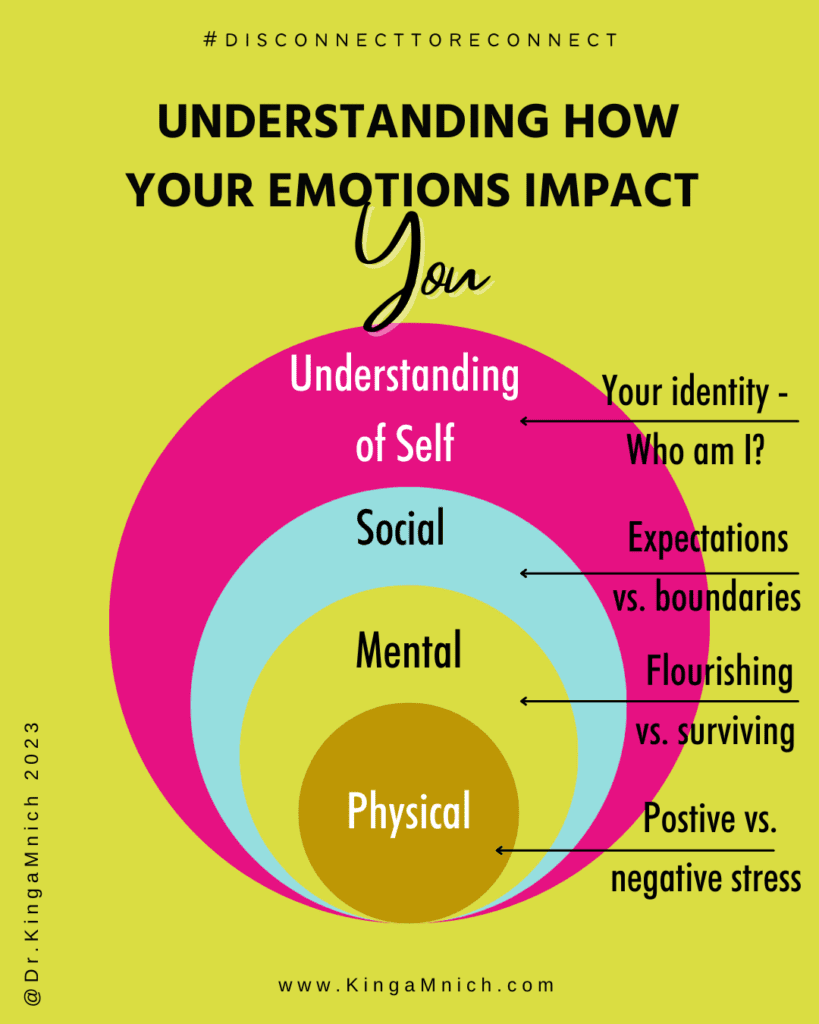
In my work, the closest I got to understanding what authentic self means was tapping into the crowning sense: emotions. Specifically, distinguishing between emotions and feelings allowed me to step away from social norms and expectations and into a sense of self, with the ability to navigate through the surroundings.
Emotions are neither good nor bad because they are just inner sensations. We have to understand that before we can start understanding how to adjust ourselves to social norms and, instead, actively choose what we want to live up to. This also means understanding how we want to act. It opens up the exciting possibility that there isn’t necessarily one better society that is superior to others: there are endless possibilities.
Understanding this opens doors to integrating different cultures and creating diversity by design, not by force. Understanding diversity becomes the next logical step for you to start choosing what is more aligned with your true sense of identity. Discovering that you don’t have to accept merely, at face value, the indoctrinated behavior with which you have previously been conditioned is a huge step towards changing your perception of emotions and understanding yourself.
How can you change your perception of emotions?
My research opened up the possibility of changing our perception of emotions. It draws on the experience of the prisoners, who had to learn to manage their emotions to survive in prison. The extreme circumstances of the prison forced the inmates to revisit their understanding of their emotions and feelings. And recognize what they needed to do to survive prison.
Ultimately, the model of the ‘3’Es’ emphasizes the importance of mastering the creation of space for ourselves and for others. In my work, I have proposed that authentic behavior is the subjective perception that one behaves in a way that follows one’s core sense of being.
From a psychological standpoint, a person is seen as authentic if they meet specific criteria:
- Self-knowledge
- Motivation to learn about themselves
- An interest in understanding their strengths & weaknesses
- And a willingness to receive feedback and reflect on it.
But, in my experience, this concept is frequently used to persuade someone to fall into line again simply. Too often have I come across an identity crisis caused by the question: why can’t I feel normal? Why can’t I be like the others?
Learning about yourself is helpful when you want to, and are ready to, set boundaries towards social expectations. Knowing your strengths and weaknesses has to start with the question of who defines these strengths and weaknesses. Feedback is only helpful if the person you are looking at in the mirror creates a space where you feel comfortable and safe to develop yourself further. All in all, self-knowledge is understanding the mechanics of a human body…and how you can use it to live a life that is worth living based on your understanding of how you want your life to look.
Why are a sense of authenticity and an authentic self are important?
I believe that this aspect is quite clear to all of us. When you feel like you are living according to your own standards, life feels at its best. I don’t need to recite the studies that show how feeling your authentic self creates higher self-esteem, greater well-being, enhanced work performance, and helps to build better romantic relationships. It is very obvious in itself when it is happening.
And yet, according to Jennifer Beer “authenticity is a slippery thing”. Although most people would define authenticity as acting in accordance with their own idiosyncratic set of values and qualities, research has shown that people feel most authentic when they conform to a particular set of socially approved qualities, such as being extroverted, emotionally stable, conscientious, intellectual and agreeable. This is the paradox of authenticity: to reap the many benefits of feeling authentic, you may have to betray your true nature” (Beer 2020).
How does this relate to you?
While I agree with Beer’s analysis on why and when people experience authenticity, I don’t agree with having to betray your true nature. For many inmates, this was a reality and a necessary step to surviving prison. However, it was a very stressful and painful experience. And while this betrayal outside of the prison might seem less invasive and aggressive, it can negatively affect the individual. Unless they are aware of and clearly committed to the changes they seek.
Creating ‘authentic’ authenticity also means setting boundaries and speaking up for yourself. Many people are not being taught how to do these things. Women, especially, are still being conditioned to align themselves with outside expectations. That’s why a little extra courage may be called for, at least initially!
For me personally, understanding the dance between personal aspirations, views, and values regarding society’s expectations is what creates a sense of self, as well as a sense of having power over my life. It makes taking responsibility easier because I can reflect and question my decisions and thoughts. If I choose to “betray my own nature”, I am, therefore, aware of it. This means that I can’t make anyone else responsible for unexpected consequences. But more so, it allows me to feel free, creating joy.
Summary
Prisoners do it to survive. You can do it to broaden your control of your horizons – at the end of the day, your world is in your OWN control. Understanding the difference between emotions and feelings (and finding the space between them) is an essential step toward acquiring that control. Practicing the 3’Es process – Experience, Evaluate, and Express what you really want – is a good start.
Read More:
References:
Hochschild, Arlie: The Presentation of Emotion SAGE Publications
Beer, Jennifer 2020: Your “Authentic” Self: To actually feel authentic, you might have to betray your true nature. In: blogs.scientificamerican.com/ accessed 07.02.2021
Grewal, Daisy & Salovey, Peter 2005: Feeling Smart: The Science of Emotional Intelligence: A new idea in psychology has matured and shows promise of explaining how attending to emotions can help us in everyday life. In: American Scientist Vol. 93, No. 4 (JULY-AUGUST 2005) 330-339
Goffman, E. 2003. Wir alle spielen Theater. München: Piper Verlag
Hede, Andrew 2009. The dynamics of mindfulness in managing emotions and stress. In: Journal of Management Development Vol. 29 No. 1, 2010 pp. 94-110
Koole, Sander L. 2009. The psychology of emotion regulation: An integrative review. In: Cognition and Emotion, 23 (1) 4-41. Psychology Press.

